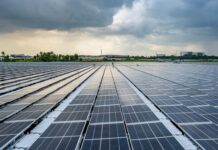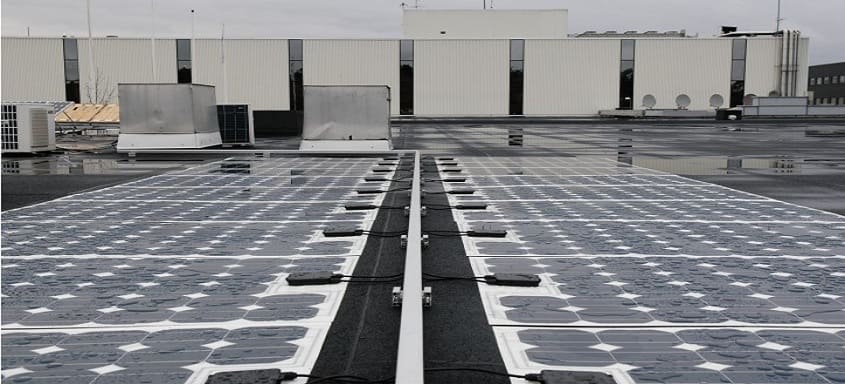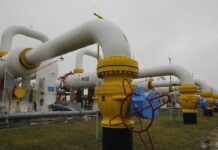Insights reveal that electrification is happening faster than expected, driven by policy measures speeding up the country’s energy transition. The study emphasizes that flexibility must be harnessed to balance supply and demand. Electrification is spreading across society earlier and at a rapid pace, particularly in mobility, heating, and industry.
The Adequacy and Flexibility Study for Belgium predicts increased electricity needs and the necessity for structural measures alongside the Capacity Remuneration Mechanism (CRM) to ensure long-term electricity supply security. Extensive electrification will transform the Belgian electricity system over the coming decade.
The study’s key points are as follows:
The war in Ukraine and rising gas prices have led to new targets and action plans for an independent, resilient, and climate-neutral energy system. This creates additional capacity needs that can be addressed by the CRM. Electrification, along with the expansion of low-carbon electrons, will be a key driver of decarbonization in mobility, heating, and industry. This directly impacts supply and adequacy, with expected capacity gaps from 2027 that can be managed through Belgium’s CRM. The CRM process aligns with regulations to avoid over-procurement, involving annual adjustments and stepwise contracting of capacities.
Flexible consumption plays a crucial role in flattening consumption peaks and managing RES variability, ensuring supply security. Historically, flexibility has been used as an ancillary service to address imbalances and operational challenges. However, the intrinsic flexibility of new electrical appliances offers opportunities for end users without compromising comfort. By consuming and storing electricity when abundant and returning it to the grid as needed, consumers can lower energy bills while contributing to overall system benefits and adequacy. End-user flexibility enhances the efficiency and affordability of the energy transition.
Electrification reduces primary energy consumption while maintaining consumer comfort, leading to substantial CO2 reduction, especially with growing renewable energy. It provides economic and geopolitical benefits, offering affordable electricity for industry to remain anchored in Europe, and preserving jobs. A high-renewables energy system enhances independence and resilience.
Delaying flexibility and grid infrastructure realization increases capacity needs. Accelerated digitalization is as vital as timely grid infrastructure investments for Belgium’s cost-efficient security of supply. These measures impact future CRM auctions, and delays may lead to constant crisis management. Full utilization of industrial and residential flexibility and planned grid investments could decrease capacity needs in 2034 by 3,000MW. Digitalization covers IT infrastructure, end-to-end connectivity, and an adapted market design, enhancing system resilience, CO2 reduction, and cost control.












































